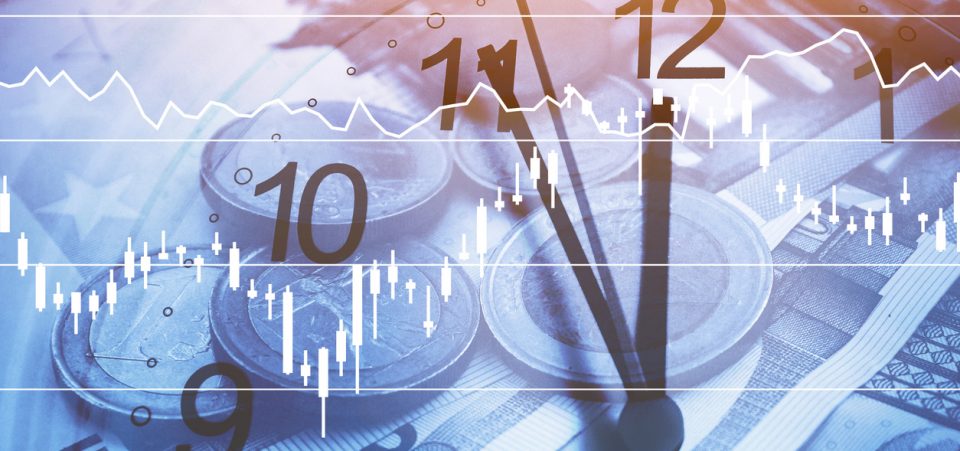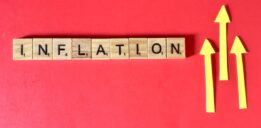Think of Inflation as a Tax on Wealth
Investors must watch inflation very closely, as it could have a major impact on their portfolios ahead, namely on their investment returns.
You see, inflation is like a silent tax on wealth. How so? Assuming you earn two percent per year on your investment in a savings account at your local bank, if inflation is running at 1.5%, your money has only increased by a real return of 0.5%.
In the first six months of 2018, prices in the U.S. economy have increased by 1.1%. In other words, for a portfolio to break even (to keep up with inflation), it would have to grow by 1.1% in the first six months of 2018. If not, then the investor would lose money. This was the fastest pace for price increases in the first six months of the year since 2014. (Source: “CPI-All Urban Consumers Current Series),” Bureau of Labor Statistics, last accessed July 12, 2018.)
If You Think This Inflation Is Bad Now, It Could Get Worse
Sadly, going forward, inflation could soar. All the indicators are pointing toward that scenario. So, if you are an investor saving for retirement, your child’s education, a vacation, or whatever else, don’t get too complacent about inflation in the coming months and quarters.
We are already seeing a rapid increase in prices in the U.S. economy.
Consider the Producer Price Index (PPI), which you can think of as inflation on the business level. In the first six months of 2018, the PPI has increased by 1.9%. If we annualize this figure, we could be looking at inflation for businesses of close to four percent. Keep in mind, however, that businesses tend to pass down the costs to consumers, so the prices that consumers pay could be much higher. (Source: “PPI Commodity Data,” Bureau of Labor Statistics, last accessed July 11, 2018.)
There’s a large money supply in the system as well. After the 2008/2009 financial crisis, the Federal Reserve printed a lot of cash, which created monetary inflation. This eventually became price inflation, and we could be seeing that again sooner rather than later.
Here’s the worst part: the Federal Reserve has said that it will let inflation run loose for a little bit. Investors should be careful, considering that the Fed controls rising prices by increasing interest rates. If they let inflation run uncontrolled long enough, it could hurt investment returns immensely.
When Inflation Soars, Look at Gold
Consider this a warning: If you are not watching inflation, you could be making a big mistake, because inflation could quietly eat up your wealth.
All things considered, it may not be a bad idea to start paying closer attention to gold. The yellow precious metal is one of the best hedges against inflation. In times of rapidly increasing prices, gold prices move higher. Gold preserves wealth.
I believe that gold is trading at a great value and remains severely ignored by investors. As the economic data makes it clear that we have soaring prices in the U.S. economy, don’t be shocked to see investors rushing to buy the precious metal.






